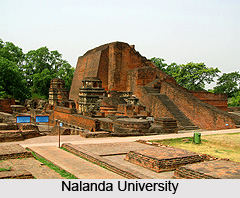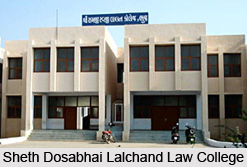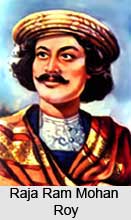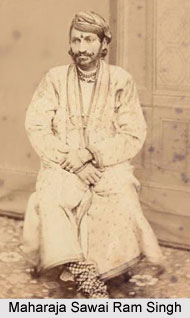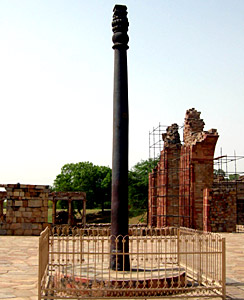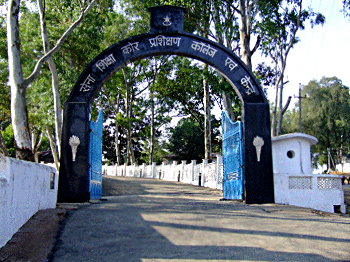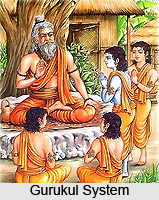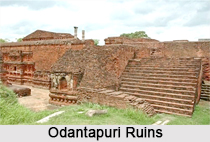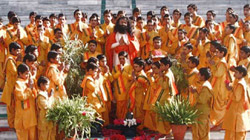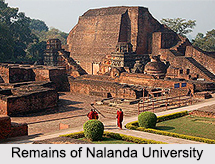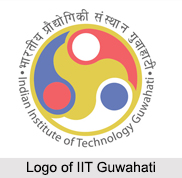 Indian Institutes of Technology (IITs) in India are maintaining the economic and social development of the country. The concept of these IITs is very old. India is acclaimed all over the world for its expansion in the field of technical education. Among the technical institutes offering higher education in the country, Indian Institutes of Technology in India have been recognised for providing outstanding training and creating professionals. IITs or the Indian Institutes of Technology are a group of 23 autonomous engineering and technology-oriented institutes of higher education which are established and declared as Institutes of National Importance by the Parliament of India. These institutes are to teach scientists and engineers. All are administered by The Institutes of Technology Act, 1961 which has announced them as "Institutions of national importance" and lays down their powers, duties, structure for authority etc. Each IIT is an independent organization, related to the others during a common IIT Council, which supervises their administration.
Indian Institutes of Technology (IITs) in India are maintaining the economic and social development of the country. The concept of these IITs is very old. India is acclaimed all over the world for its expansion in the field of technical education. Among the technical institutes offering higher education in the country, Indian Institutes of Technology in India have been recognised for providing outstanding training and creating professionals. IITs or the Indian Institutes of Technology are a group of 23 autonomous engineering and technology-oriented institutes of higher education which are established and declared as Institutes of National Importance by the Parliament of India. These institutes are to teach scientists and engineers. All are administered by The Institutes of Technology Act, 1961 which has announced them as "Institutions of national importance" and lays down their powers, duties, structure for authority etc. Each IIT is an independent organization, related to the others during a common IIT Council, which supervises their administration.
History of IITs in India
According to history, the IIT system originated during the year of 1946. During those days, Sir Jogendra Singh set up a committee whose task was to consider the creation of higher Technical Institutions for post-war industrial development in India. The committee consisted of 22-member and was headed by Nalini Ranjan Sarkar. The committee felt that such institutes would produce researchers and academics. The institutes were expected to maintain high educational standards. Thus, the first Indian Institute of Technology was founded in May 1950 at the Hijli Detention Camp in Kharagpur.
The IITs in India were established all over and in the major cities such as Mumbai, Chennai, Kanpur, Delhi, Guwahati, Roorkee, Bhubaneswar, Gandhinagar, Hyderabad, Patna, Punjab and Rajasthan. In addition to that, the Government of India has more plans to add three more IITs, at Indore, Mandi and Varanasi. Most of the IITs were established with financial assistance and technical expertise from UNESCO. 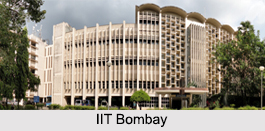
Objectives of IITs in India
The major objective of IITs is to convey world class education in engineering and technology; to carry out researches in the suitable fields and to more, development of learning and spreading of knowledge. These Institutes are also contributing significantly to education and research in basic sciences and humanities.
Courses of IITs in India
Indian Institutes of Technology are top organizations for engineering education and research.
The IITs offer undergraduate programmes in different branches of engineering and technology; postgraduate programmes with specialization and Ph.D. programmes in different engineering and science disciplines, interdisciplinary areas; and carry out basic, applied and sponsored research. At present, IITs offer B. Tech., B. Arch, M.Sc., M. Design, M. Phil., M. Tech, MBA and Ph.D. Degrees. The quality of teaching and research in IITs is of international standards. The Institutes are constantly evaluating and modifying curriculum as per the budding trends in the industry. They also present to updating the knowledge of faculty of other Engineering Colleges through Quality Improvement Programmes.
Some unique courses of IITs in India are - IIT Delhi offers a unique B.Tech Textile Technology. IIT Guwahati offers B.Tech in Mathematics and Computing, IIT-Kharagpur offers students B.Tech Agricultural and Food Engineering, IIT Madras offers B.Tech Naval Architecture and Ocean Engineering, IIT Roorkee offers specialized B.Tech Pulp and Paper Engineering.
Admission Procedure of IITs in India
Admission in IITs in different courses is completed on the base of merit in admission tests such as Joint Entrance Examination (Advanced) for B.Tech courses, Graduate Aptitude Test in Engineering (GATE) for M.Tech. and Joint Admission Test for M..Sc. (JAM).
Institutes of Technology Act of IITs in India
The Institutes of Technology Act, 1961 is mainly recognized few IITs as Institutes of National Importance and changed them from "Societies" to University status. The Institutes of Technology (Amendment) Bill was introduced in Lok Sabha by Prakash Javadekar on 19 July 2016 to bring 6 new Indian Institutes of Technology and School of Mines, Dhanbad under the purview of the act.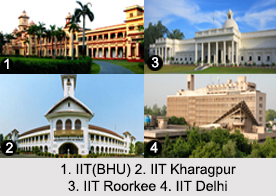
Education System of IITs in India
The different IITs function autonomously. IITs can generate their own curriculum and adapt quickly to the changes in educational requisites, free from all intrusive problems. The method of teaching in all IITs is English and the classes are generally held between 7:30 am and 5:30 pm with some differences in each IIT. IITs have open libraries for the use of their students. The libraries have divisions for fiction and other literary types. The electronic libraries permit students to access on-line journals and periodicals. The IITs along with the Indian Institute of Science have taken a programme with Ministry of Human Resource Development to give free online videos of authentic lectures of different disciplines under National Program on Technology Enhanced Learning.
The IITs have an educational governing body. It manages and supports the programme, courses, examinations, results and appoints committees to look into the precise academic issues. The teaching, training and research activities of the institute are regularly reviewed by the governing body to sustain the educational standards. The total marks form the base of grades, with a grade value allocated to an assortment of marks.
List of IITs in India
Following are the list of IITs in India:
•Indian Institute of Technology, Kharagpur (IIT KGP)
•Indian Institute of Technology, Bombay (IITB)
•Indian Institute of Technology, Madras (IITM)
•Indian Institute of Technology Kanpur (IITK)
•Indian Institute of Technology, Delhi (IITD)
•Indian Institute of Technology, Guwahati (IITG)
•Indian Institute of Technology, Roorkee
•Indian Institute of Technology, Hyderabad
•Indian Institute of Technology, Rajasthan
•Indian Institute of Technology, Ropar
•Indian Institute of Technology, Mandi
•Indian Institute of Technology, Indore
•Indian Institute of Technology, Patna
•Indian Institute of Technology, Gandhi Nagar
•Indian Institute of Technology, Bhubaneshwar
•Indian Institute of Technology, (Banaras Hindu University), Varanasi
•Indian Institute of Technology, Tirupati
•Indian Institute of Technology, Palakkad
•Indian Institute of Technology, Goa
•Indian Institute of Technology, Dharwad
•Indian Institute of Technology, Jammu
•Indian Institute of Technology, Bhilai
•Indian Institute of Technology (Indian Institute of Mines)
